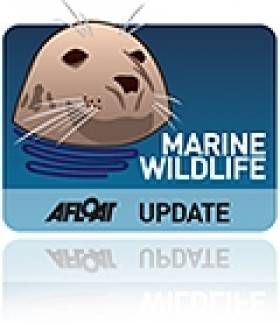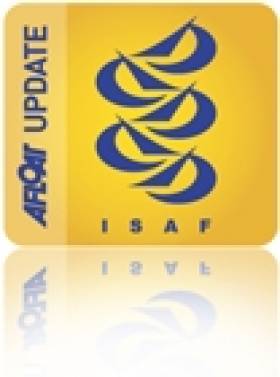Displaying items by tag: YouTube
Video of Basking Shark Tagging
Cork-based boat charter firm Whale of a Time has posted video on its YouTube channel of the Irish Whale and Dolphin Group (IWDG) tagging a basking shark from its boat Mischief:
Apart from whales, basking sharks are the largest species of marine wildlife to frequent Irish waters.
Finn Dinghy Vid Proves a Big Hit
After the Finn class released its video 'Sailing at its best' on YouTube last week, the response has been nothing short of phenomenal say the class officials. The video is part of a campaign to ISAF to keep the class an Olympic dinghy and the chips are down. To date more than 17,500 views have been recorded from more than 110 countries.
According to YouTube Insight statistics it is the second most viewed sailing video over the past month.
If you haven't seen it yet then check it out on the Afloat home page, scroll down to the bottom of this post or click HERE
The video is just a small part of the classes enhanced media plan. Class President Balazs Hajdu wrote earlier this year, "Today the sailing community realises that media appeal is not only about what you broadcast but also about how you broadcast. By making footage and coverage on Finn races so comprehensive, continuous, available and ground breaking, the International Finn Association brings a message that the Finn is not only a great Olympic class showing close, tactical and fair competition for fit, healthy and heavier elite sportsmen at the top of their game but also that the sport of sailing is able to deliver the media requirements of the IOC and the broadcasters."
Comments posted online about the 2 minute and 40 second video have backed this up
- Outstanding video. This is the pinnacle of dinghy sailing captured on video.
- Fantastic sailing video. This is really promoting Olympic Sailing
- Without a doubt one of the best sailing videos EVER.
- This is simply awesome! Never thought Olympic and small boats sailing is so cool. GREAT GREAT GREAT GREAT
- This is just fantastic! This is actually what we want to see from Olympic Sailing.
- The more I watch it the more I love it.
Die hard Finn fans will also be pleased to know that a longer version is in production and will be released later this month.































































